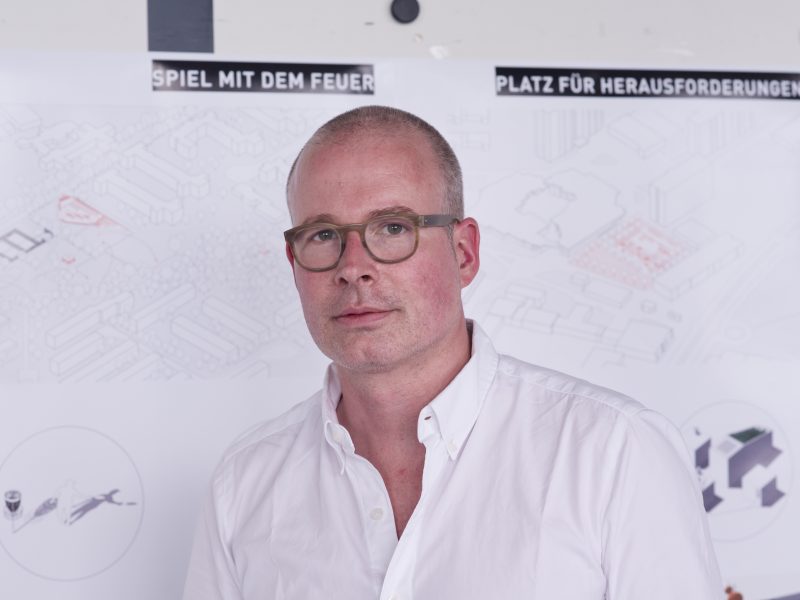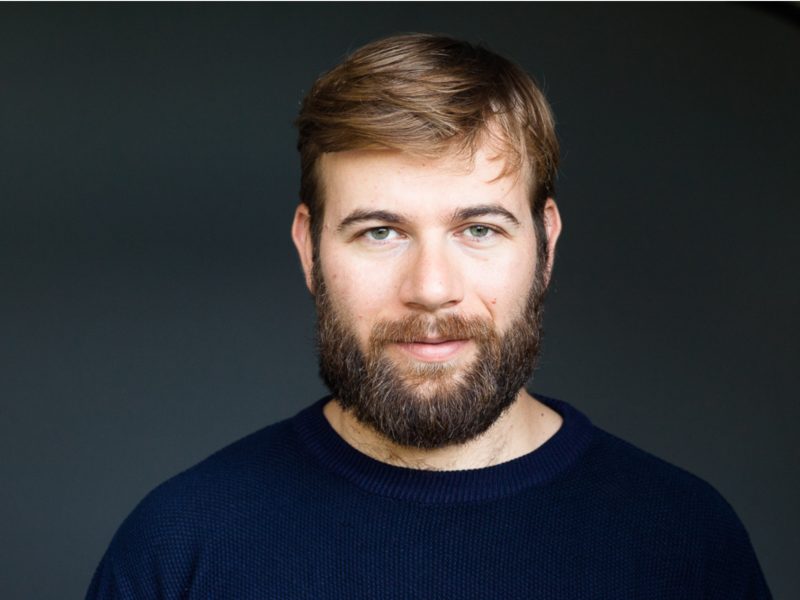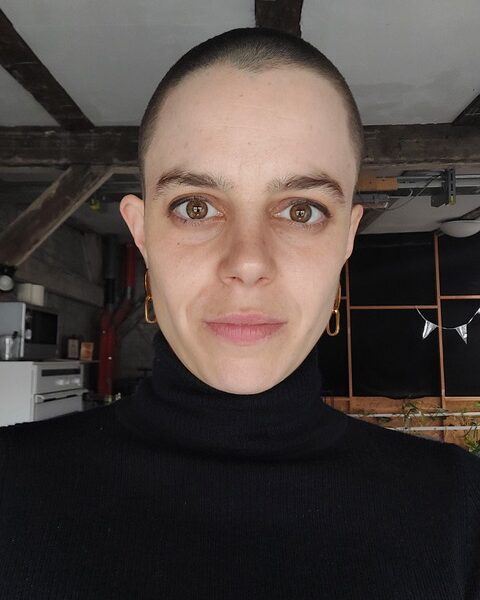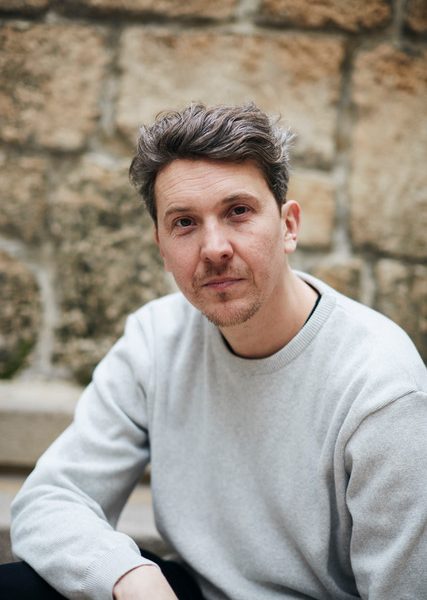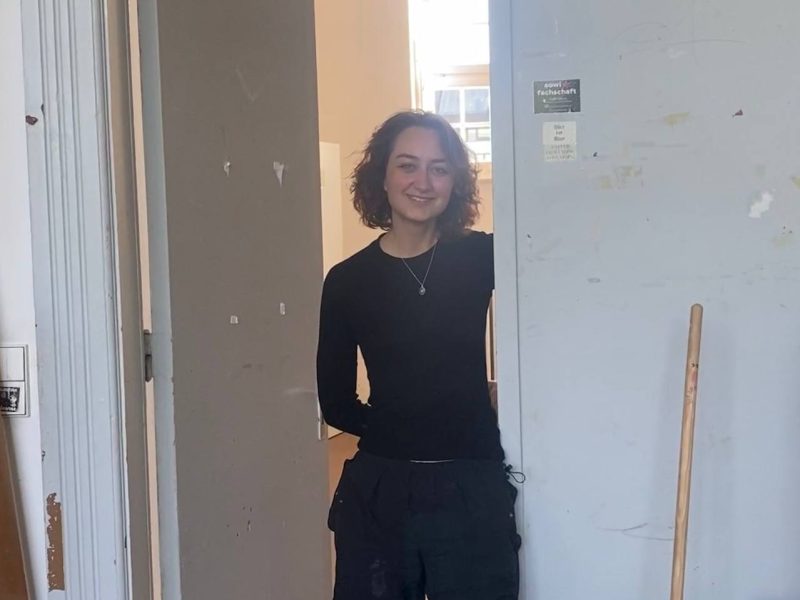
Chair Profile
The Chair for Urban Design and Urbanization is focused on socially just and climate conscious urban design for people, plants, animals, fungi and crystals. CUD research and design projects explore the complex history, actual use, ecology and economy of the urban and contemporary modes of urban governance. Cooperative and community-based design processes are investigated, developed and tested in teaching, research and practice.
Urbanization is a global phenomenon confronting societies with unprecedented local challenges and opportunities. Rapid urban growth, finite resources and resulting socio-political distribution conflicts demand new governance strategies and planning and design tools. CUD strongly believes that the urban professional has to reinforce his and her expertise in order for urban design to become the platform on which sustainable development is negotiated between different disciplines and stakeholder groups.
CUD focuses on the coordination of top-down and bottom-up planning modes, advocating the integration of civil society based urban development into urban planning and development processes. The chair is organized as a laboratory for urban design theory and practice, cooperating with universities, practitioners, developers, municipalities and – most importantly, the people as co-producers of a better urban future.
(fig: Büro, Thomas Demand, 1995)
